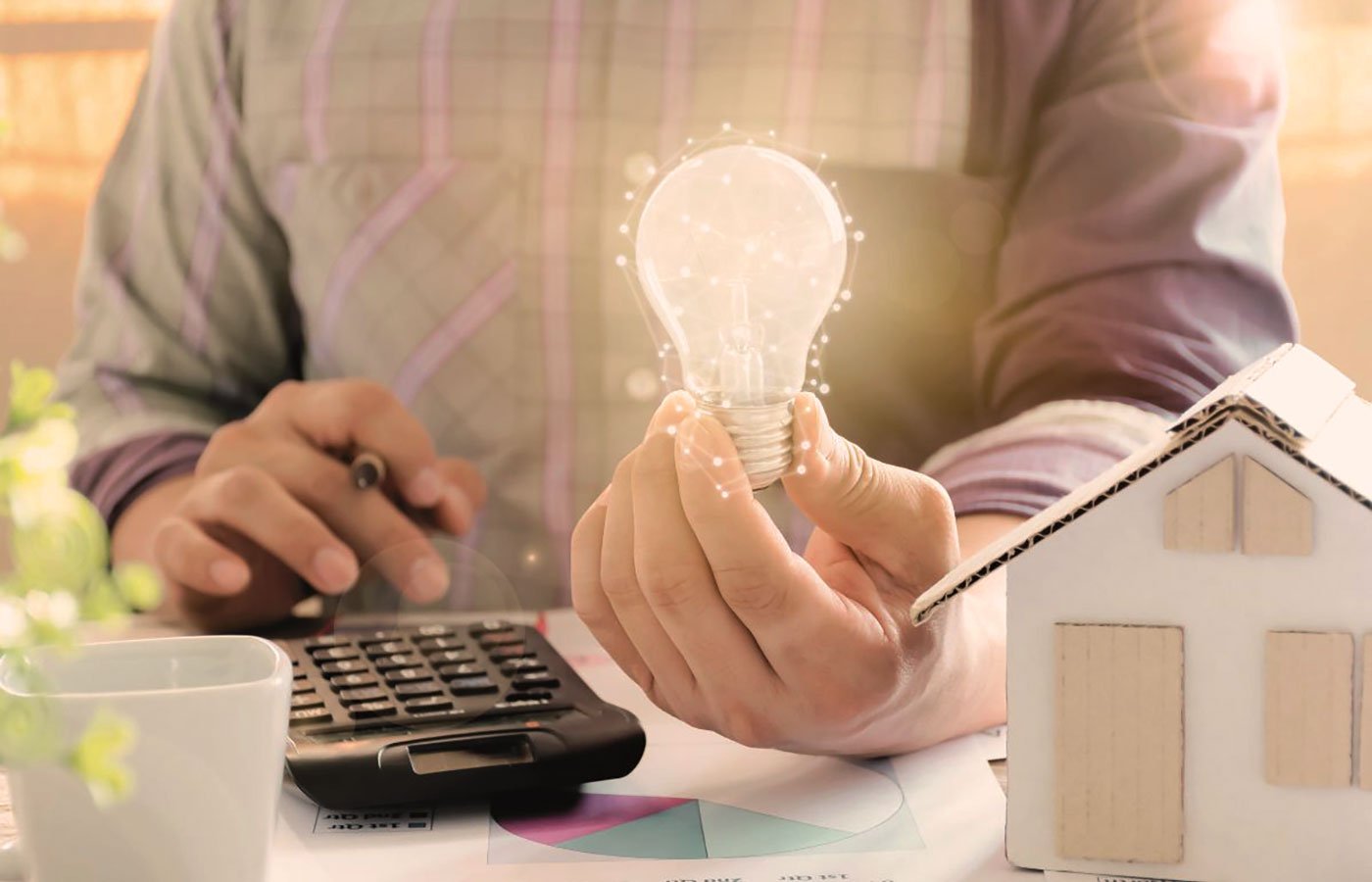Five Simple Ways To Create an Energy-efficient Home

These days, energy consumption is increasingly becoming a concern, and finding simple yet effective ways to save energy has never been more important – especially for new home-buyers. Not only does saving energy help protect the environment by reducing greenhouse gas emissions, but it also saves you money on utility bills. Here are five easy-to-implement strategies that can make a significant difference in creating an energy-efficient home.
Upgrade to LED Lighting
One of the simplest and most effective ways to save energy is by replacing traditional incandescent bulbs with energy-efficient LED bulbs. LED bulbs consume significantly less energy and last much longer than incandescent bulbs. While LED bulbs may have a slightly higher upfront cost, the long-term savings on energy bills and replacement costs make them a worthwhile investment. Additionally, LED bulbs come in various shapes, sizes, and colours, making it easy to find the perfect lighting solution for your home. Because of the many options LED bulbs offer consumers, it’s easier than ever to change a room’s vibe and atmosphere for whatever mood the occasion calls for.
Unplug Electronics When Not in Use
Many electronic devices consume energy even when they are turned off but still plugged into an outlet. This phenomenon, known as standby or vampire power, can account for a significant portion of your home’s energy consumption. To combat this, make it a habit to unplug electronics such as televisions, computers, chargers, and kitchen appliances when they are not in use. Alternatively, you can use power strips with built-in switches to turn off multiple devices simultaneously. Of course, it’s also important to unplug those devices when going on vacation or leaving your home for extended periods. Not only will it conserve energy, but it can also help avoid unexpected electrical fires.
Invest in Energy-Efficient Appliances
When it’s time to replace old appliances, opt for energy-efficient models certified by organizations like ENERGY STAR. Energy-efficient appliances, such as refrigerators, washing machines, dishwashers and air conditioners, use less energy to perform the same tasks as their less efficient counterparts. While energy-efficient appliances may have a higher initial cost, the savings on your energy bills over time can more than offset the upfront expense. When replacement time comes, check to see if any grants are available (often based on age and income level) to help supplement the cost of a new appliance and the installation.
Seal Air Leaks and Insulate Your Home
We all remember our parents telling us how they don’t want to heat the entire neighbourhood when a door or a window is left open. In the same vein, you want to avoid paying for more energy output if you can avoid it. Proper insulation and sealing air leaks in your home can significantly reduce heating and cooling costs by preventing warm or cool air from escaping. Check windows, doors, vents, and electrical outlets for drafts. Use weather stripping, caulk, or foam insulation to seal any leaks. Adding insulation to attics, basements, and crawl spaces can improve energy efficiency by minimizing heat transfer.
Adjust Your Thermostat
Heating and cooling account for a significant portion of home energy usage, so adjusting your thermostat can lead to substantial energy savings. During the winter, set your thermostat to a lower temperature when you’re away from home or asleep, and consider the option to layer with warm clothing or blankets to stay comfortable. In the summer, raise the thermostat temperature and use fans to circulate air and create a cooling effect. If using fans, be sure to use them advantageously as well. Installing a programmable or smart thermostat allows you to automate temperature adjustments based on your schedule, further optimizing energy usage.
By implementing these five simple strategies, you can reduce energy consumption and lower utility bills while contributing to a more sustainable future. Saving energy doesn’t have to be complicated or expensive—sometimes, small changes can make a big difference. Start incorporating these energy-saving practices into your daily routine today and enjoy the benefits of a more energy-efficient home.
Royal LePage® Benchmark
110 - 7220 Fisher Street SE, Calgary, AB T2H 2H8
(403) 253-1901
Let us put you in touch with a Real Estate Agent you can trust!
Have questions about buying real estate and don't know where to begin? Contact one of our agents today.Please Note: Information you supply in the contact form will be kept fully confidential.
